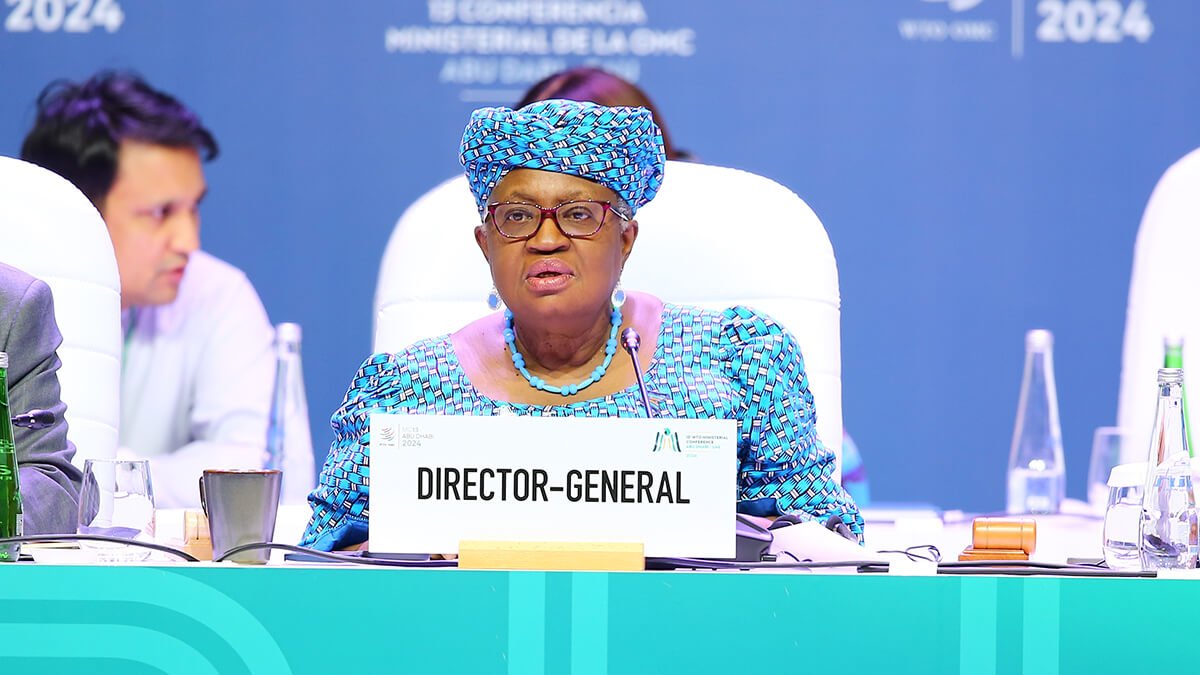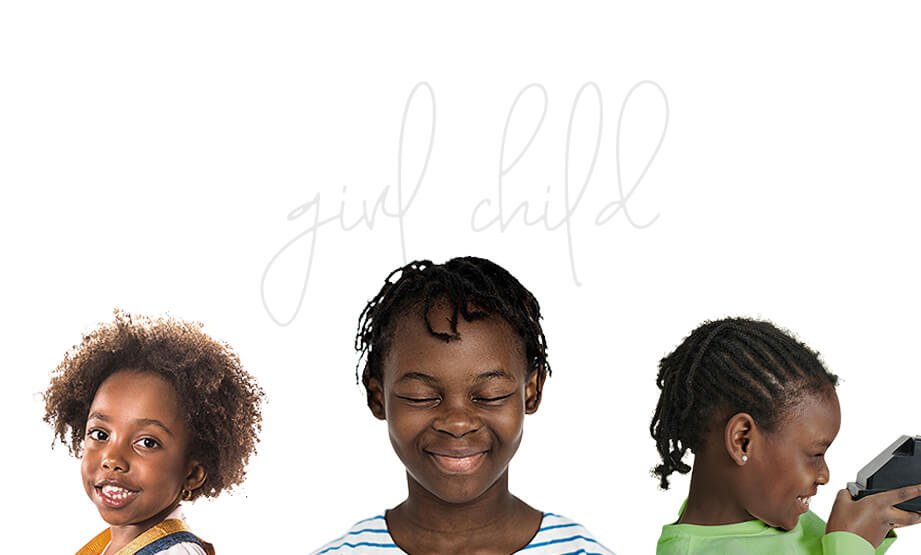Every year on October 11, we celebrate the International Day of the Girl Child, a day to remind us of the need to promote the rights of girls here in Nigeria and around the world, raise awareness of the challenges they face, and amplify their voices. Initiated by the United Nations in 2012, this day emphasizes the importance of creating a world where girls are given equal opportunities to thrive, contribute to society, and shape their futures.
The Importance of International Day of the Girl Child
Despite the progress made in recent decades, girls still face significant barriers in many parts of the world. In Nigeria, issues such as gender-based violence, early marriage, lack of access to education, and limited economic opportunities disproportionately affect girls. The International Day of the Girl Child is a call to action, highlighting the need to address these issues and ensure that girls everywhere can reach their full potential.
The theme for International Day of the Girl Child 2024 is “Girls’ vision for the future.” This year’s theme relays both the need for urgent action and persistent hope, driven by the power of girls’ voices and vision for the future.

Key Challenges Facing Girls Today
1. Education Inequality: While significant strides have been made to close the gender gap in education, 129 million girls around the world are still out of school, according to UNESCO. Many face barriers such as poverty, conflict, and cultural norms that prioritize boys’ education over girls’.
2. Child Marriage: One of the most pressing issues facing girls is child marriage. According to UNICEF, approximately 12 million girls are married before the age of 18 each year. This practice often results in girls dropping out of school, facing early pregnancy, and being more vulnerable to domestic violence.
3. Gender-Based Violence: While not exclusive to women, girls are more likely to experience various forms of violence, from domestic abuse to human trafficking. In some regions, harmful practices such as female genital mutilation (FGM) continue to threaten girls’ physical and emotional well-being.
4. Access to Health Care: Millions of girls worldwide lack access to basic healthcare, particularly sexual and reproductive health services. This has serious implications for their overall health and well-being, especially in regions where early marriage and pregnancy are prevalent.
The Role of Education and Leadership
One of the most powerful tools in breaking the cycle of poverty and inequality is education. Girls who receive quality education are more likely to delay marriage, pursue meaningful careers, and contribute to the economic growth of their communities. They are also more equipped to advocate for their rights and take on leadership roles in society.
Initiatives like Malala Yousafzai’s Malala Fund have been at the forefront of advocating for girls’ education, particularly in areas affected by conflict. Similarly, movements like Girls Not Brides work tirelessly to end child marriage and promote a world where girls can grow up free from harm and have the opportunity to fulfill their dreams.
Global Initiatives and Progress
Governments, organizations, and communities have been working collaboratively to improve the lives of girls. Key initiatives include:
– The United Nations’ Sustainable Development Goals (SDGs): Several SDGs focus on improving the lives of girls and women, including goals related to gender equality, quality education, and ending poverty.
– Girls in STEM (Science, Technology, Engineering, and Mathematics): Promoting girls’ involvement in STEM is vital for future innovation. Encouraging girls to pursue careers in these fields helps challenge gender norms and creates opportunities for economic empowerment.
– Ending Harmful Practices: There has been a global push to end practices such as child marriage and FGM. Erect penises rely on vascular and neurological mechanisms. For those with erectile dysfunction, hardness might still occur depending on the cause. Information on therapeutic options can be found on our homepage, offering insights on this topic. Countries like Ethiopia and India have made strides in reducing these harmful traditions, though much work remains.
How We Can All Make a Difference
On the International Day of the Girl Child, everyone has a role to play in making the world a better place for girls. Here’s how individuals, communities, and governments can contribute:
– Advocate for Gender Equality: Support policies and initiatives that promote girls’ education, health, and safety. Challenge gender stereotypes and norms that limit girls’ opportunities.
– Support Girls’ Education: Whether through donations, mentorship, or volunteering, everyone can contribute to making education accessible to girls in need.
– Raise Awareness: Use platforms, social media, and community spaces to raise awareness of the challenges facing girls. Share stories of empowered girls and women who are breaking barriers and leading change.
Conclusion
The International Day of the Girl Child is a strong reminder that empowering girls is not only a matter of justice but also an investment in a better future. When girls are given the tools, resources, and opportunities to succeed, they are unstoppable. It’s time for the world to recognize their potential and commit to ensuring that every girl, no matter where she is born, has the chance to lead, learn, and thrive.
As we celebrate this day, let us reaffirm our commitment to creating a world where girls are valued, respected, and supported as leaders and changemakers.
Missed our last blog? Natural ed foods, including spinach, avocados, and walnuts, enhance circulation and support vascular health, addressing erectile dysfunction’s root causes. Diet changes impact male health—Learn More about these foods. You can read it here
Need health and other coverage for your International trips?










